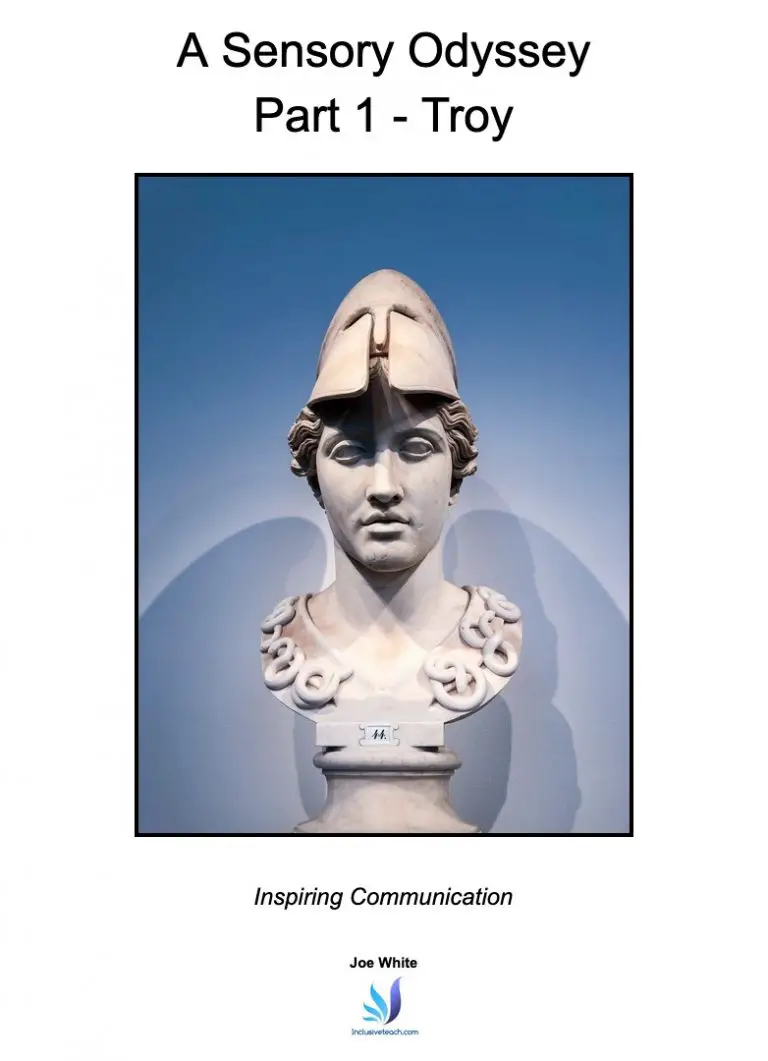Unlocking Potential: Appreciative Inquiry as a Coaching Approach for Middle Leaders
Using AI (Appreciative Inquiry not the other AI!) in Coaching Middle Leaders in Schools
Appreciative Inquiry is a coaching methodology that focuses on nurturing strengths rather than fixing weaknesses. First pioneered by David Cooperrider in the 1980s, AI involves guiding individuals through a reflective process to unlock their hidden talents, re-energise their passion, and build a vision for success (I know in the UK we should use Enquiry but as it is a specific approach I went with the American spelling).
Middle leaders occupy a uniquely demanding role, one that requires excelling both in managing people and teams who report to them and influencing executives above. With pressure coming from all sides, even the most dedicated middle leaders can become disengaged, lose confidence, or feel overwhelmed by challenges. Yet within every struggling middle leader lies untapped potential just waiting to be revealed.
Using AI to Ignite Positive Change
At its core, Appreciative Inquiry uses powerful questions to ignite positive change. As an AI coach, my first priority is shifting conversations with middle leaders from problem-focused to potential-focused. I prompt reflections on times when they have been at their best and felt most engaged. What empowering strengths emerged in those peak moments? What could be possible if those strengths were further nurtured? This immediately changes the tone from draining to inspiring.
From there, I guide middle leaders through envisioning their ideal future. If anything were possible, what would they love to achieve next? How can we build on existing talents to get there? Leaders design their own roadmaps by articulating development goals aligned with their values. My role becomes facilitating rich discussions that stretch their thinking about their capabilities.
Finally, Appreciative Inquiry coaching emphasises sustaining forward momentum by regularly celebrating progress. I encourage middle leaders to share success stories and learnings with colleagues. This not only reinforces changes but also ripples inspiration outward.
While challenges still arise, AI’s positive psychology lens transforms how they are viewed. Setbacks become opportunities to learn rather than failures. Obstacles morph into chances to innovate. With their strengths as the foundation, middle leaders are able to stay resilient.
The beauty of using an Appreciative inquiry coaching style is that by looking inward at what gives energy versus what drains it, middle leaders rediscover their purpose. They realize that potential is not some distant benchmark but rather an abundant reserve already inside. My privilege as a school leader is to help middle leaders draw on this renewable source of motivation and growth.
10 Top Tips for Implementing Appreciative Inquiry Coaching:
- Set a positive tone – Establish a warm, optimistic, and safe environment that encourages open sharing and self-reflection.
- Ask powerful questions – Well-crafted questions spark introspection and positive change. Avoid jumping to solutions.
- Be an active listener – Listen intently without judgment to understand perspectives and uncover strengths.
- Keep it strengths-based – Consistently direct focus toward talents, successes, values, and aspirations.
- Paint the big picture – Facilitate visioning of bold possibilities and desired futures.
- Co-create collaborative plans – Develop goals and steps jointly to boost ownership.
- Embrace storytelling – Stories connect people to purpose and potential. Capture and share them.
- Recognise progress – Reinforce wins, milestones reached, and growth through celebration.
- Role model the process – Walk the talk by showing vulnerability, modelling self-discovery, and living your values.
- Make it a habit – Intentionally integrate appreciative practices into daily interactions to shift culture.
The key is maintaining a consistent emphasis on leveraging strengths, inspiring hope, and building human potential through positive inquiry. With persistence and sincerity, Appreciative Inquiry can transform mindsets, relationships, and school outcomes.

Powerful Questions to Use in Appreciative Inquiry Coaching Sessions
Appreciative Inquiry utilises powerful questions to support coachees in exploring their strengths, positive experiences, and desired outcomes. Here are some examples of powerful questions commonly used in the Appreciative Inquiry coaching model, you can use these to develop your own bank of questions that you can use in sessions
- “Tell me about a time when you felt most energised and fulfilled in your role as a middle leader. What was happening, and what strengths were you utilising?”
- “What are some of your proudest accomplishments as a middle leader? What strengths and qualities did you demonstrate during those moments?”
- “Imagine a future where you are leveraging your strengths to the fullest in your leadership role. What does that future look like? What impact are you making?”
- “Reflect on a time when you experienced a breakthrough or overcame a significant challenge. What strengths and resources did you draw upon to navigate that situation successfully?”
- “Think about a colleague or mentor who has been instrumental in your growth as a middle leader. What specific strengths and qualities do you admire in them, and how can you embody those in your own practice?”
- “Consider a time when your team or school was functioning at its best. What were the key factors contributing to that success, and how can you replicate or build upon those factors?”
- “What are some of the core values and aspirations that drive your leadership? How can you align your actions and decisions with those values to create a positive impact?”
- “Reflect on a recent accomplishment or positive feedback you received. What strengths and qualities do others see in you that contribute to your success?”
- “If you had unlimited resources and support, what innovative initiatives would you implement as a middle leader? How can you leverage your strengths and existing resources to move closer to that vision?”
- “What steps can you take to further develop and amplify your strengths as a middle leader? How can you integrate them into your daily practice and inspire others to do the same?”
Summary
We hope this article helps you to implement Appreciative Inquiry in your coaching session. If you have tried it and found it useful please let us know in the comments. This approach invites coachees to reflect, tap into their positive experiences, and envision their desired outcomes, fostering a sense of empowerment, self-awareness, and forward momentum in the coaching process.






